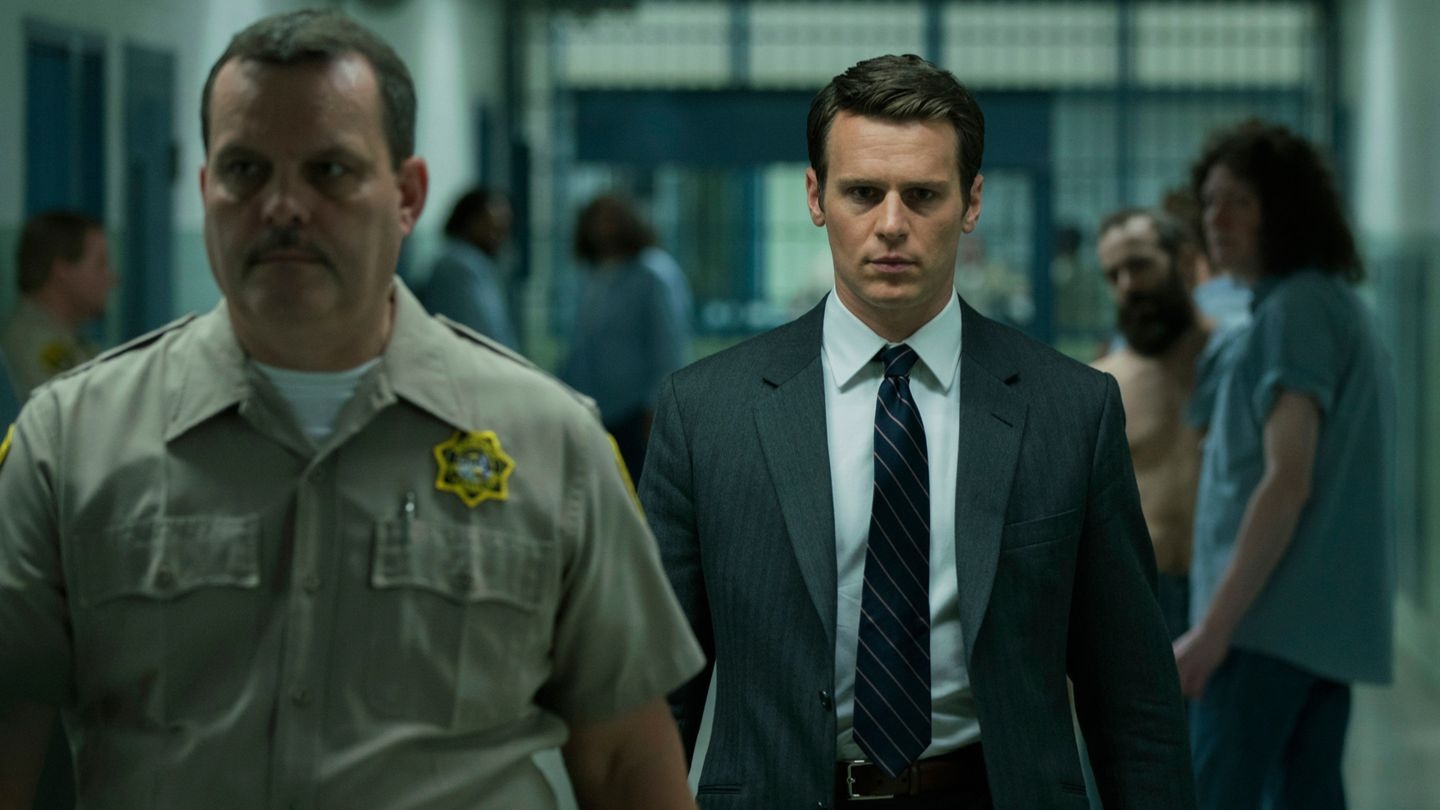The toxic masculinity of David Fincher's Mindhunter makes it the perfect show for our times
Netflix's serial killer drama is as much about gender as it is about criminality — it asks why the worst men treat women the way they do.
Based on a nonfiction book by a former special agent in the FBI, David Fincher’s new Netflix show Mindhunter is set in 1977, the early days of criminal profiling, when a team of agents used convicted serial killers as research subjects. Murderers were just rotting in their cells, why not make use of them before they die there? Get them to monologue on tape for scientific gain: develop a methodology, discover the formula for how a monster is made.
When I started watching this show my mental notes were not gender-specific. It’s about why do “we” behave the way “we” do. There’s talk of Freud and the death drive, of Émile Durkheim and sociology, of what makes “us” do the things “we” do. How messed up “we” are psychologically at times of political turmoil, when all the rules change.
But Mindhunter is not about “us” at all: this is a show exclusively about the behaviours of men. We're watching FBI agents try to classify male killers based on their behaviours, and we're watching the largely passive women around these killers and FBI agents being affected by male behaviour — by ending up dead, or in the case of female colleagues or wives, being left to deal with the fall-out of things they have no control over, ie the behaviour of men.
Read more at GQ Magazine.
